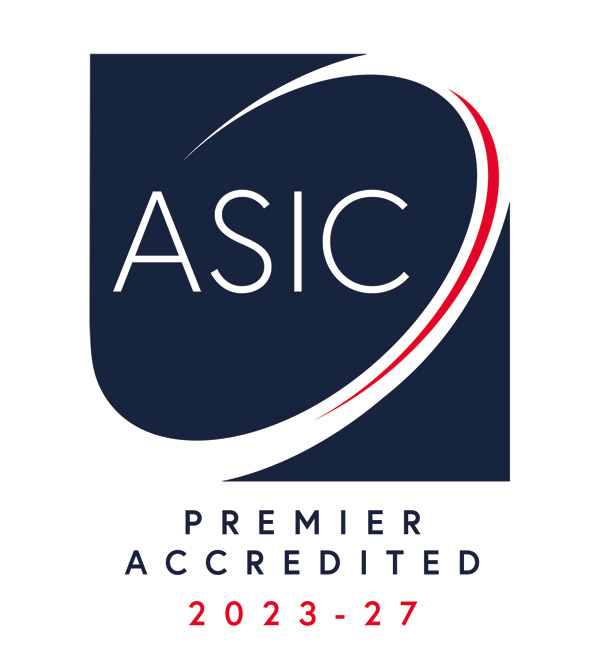
Qualifi Level 3 Diploma in Health and Social Care
Programme Overview
The Qualifi Level 3 Diploma in Health and Social Care, offered by BSMS, is meticulously designed to cultivate and recognize the contributions of health and social care workers, both present and future. This program aims to enhance recognition and professionalism within the health and social care sector. The rationale behind the programme is to offer a structured career pathway for learners aspiring to develop their care capabilities within this sector.
Apply Now Register your Interest
Why choose this programme?
BSMS offers the Qualifi Level 3 Diploma in Health and Social Care as an ideal choice for individuals seeking a comprehensive understanding of health and social care practices. This program is designed to provide in-depth knowledge about the role of communication in healthcare, public health promotion, and person-centered care approaches. By engaging with a diverse range of topics such as ethical considerations, interdisciplinary collaboration, and professional standards, learners develop critical thinking skills and the ability to solve complex problems independently. Moreover, the program encourages mature discussions and debates, fostering a deeper understanding of the subject matter and equipping learners with valuable transferable skills. Ultimately, choosing this program at BSMS motivates individuals to pursue further professional development and excel in their careers within the health and social care sector.Key Facts
When considering the Qualifi Level 3 Diploma in Health and Social Care at BSMS, it's essential to understand the key facts that make this program valuable and impactful. These key facts highlight the qualification type, level, accreditation status, total qualification time, credit equivalency, qualification number, progression routes, and availability, providing a comprehensive overview of what learners can expect and achieve through this diploma.
| Qualification Type | Vocational Related Qualification |
|---|---|
| Level | 3 |
| Accreditation Status | Accredited |
| Total Qualification Time (TQT) | 600 hours |
| Credit Equivalency | 60 credits |
| Qualification Number (RQF) | 603/0819/9 |
| Progression Routes | Qualifi Level 4 Certificate or the first year of a 3-year Honours Degree at a UK University |
| Availability | Offered in the UK and internationally |
Entry Requirements
Prospective learners must meet one of the following criteria for admission into the program:
- Possess Qualifications at Level 2 and/or the Qualifi Level 3 Diploma in Health and Social Care.
- Have relevant work experience in the health and social care sector and demonstrate ambition with clear career goals.
- Hold a level 3 qualification in another discipline and have an interest in developing their careers in health and social care.
Progression Route
Upon successful completion of the Qualifi Level 3 Diploma in Health and Social Care at BSMS, learners have diverse pathways for further advancement and career development: Qualifi Level 4 Certificate: Graduates can pursue the Qualifi Level 4 Certificate, which offers deeper insights and skills enhancement in health and social care practices. This qualification prepares individuals for more advanced roles and responsibilities within the sector. First Year of a 3-Year Honours Degree: Alternatively, graduates can progress directly to the first year of a 3-year Honours Degree program at a recognized UK University. This pathway allows learners to specialize further in areas of health and social care, providing a strong academic foundation for their career goals. These progression routes empower graduates of the Qualifi Level 3 Diploma in Health and Social Care to continue their educational journey, acquire advanced knowledge and skills, and pursue fulfilling careers in the health and social care sector.
Programme Modules
- An Introduction to Health and Social Care
- Communication for Health and Social Care
- Promoting Health in the Population
- Person-Centered Care
- Understanding Diabetes Care
- Understanding Stroke Care
- Understanding Dementia Care
Learning Outcomes
- The ability to read and use appropriate literature with a full and critical understanding the ability to think independently and solve problems
- Applying subject knowledge and understanding to address familiar and unfamiliar problems
- Recognising the moral and ethical issues of health and social care practice and research; appreciating the need for ethical standards and professional codes of conduct
- An appreciation of the interdisciplinary nature of health and social care service provision
- Capacity to give a clear and accurate account of a subject, in a mature way and engage in debate and dialogue both with specialists and non-specialists.
- To develop transferable skills and knowledge.
- To motivate individuals to progress to further professional development through future study or as part of their chosen career.
Assessment
The assessment process for this diploma is designed to evaluate learners' understanding and application of key concepts in health and social care. It includes a variety of assessment methods such as examinations, assignments, projects, and presentations. These assessments are structured to encourage critical thinking, problem-solving, effective communication, and the application of theoretical knowledge in real-world healthcare scenarios. The assessment process also emphasizes ethical considerations, interdisciplinary collaboration, and adherence to professional standards in health and social care practice.
